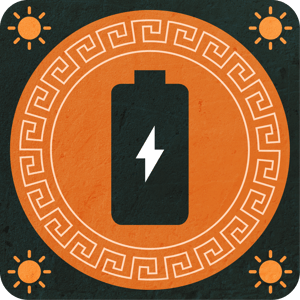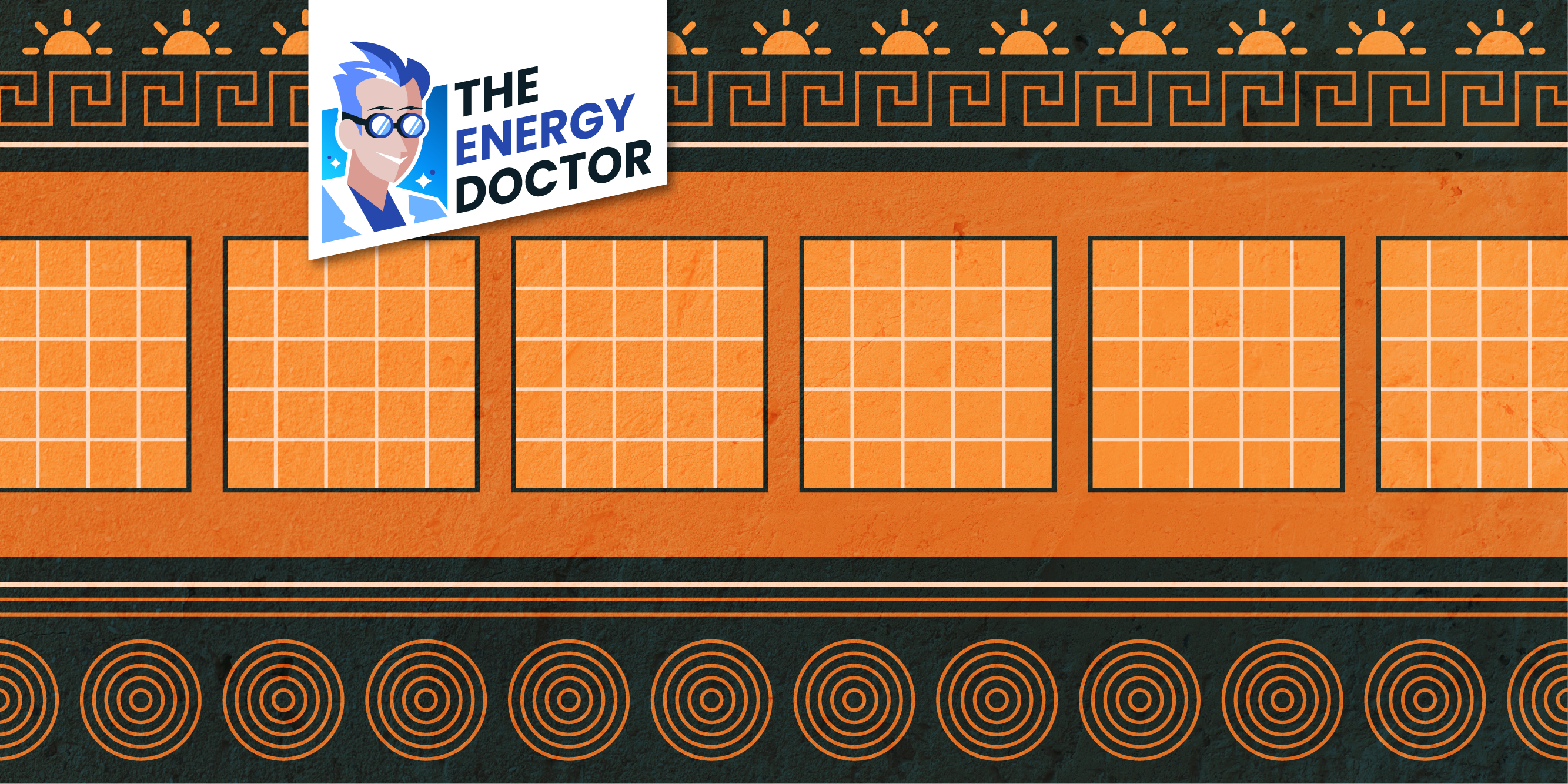Debunking Solar Myths: The Truth About Solar Panels
Could you be letting outdated opinions overshadow the potential of solar energy? It's time to shed light on the truth about solar panels, so you can feel empowered to make an informed decision about whether they could work for you.
Many households are turning to solar panels to enhance their self-sufficiency and future-proof their energy bills. You could make annual savings of £800+ and cut your carbon footprint by 1.6 tonnes each year. However, amidst the surge of interest, numerous misconceptions about solar persist online.
But fear not! In this blog, we're diving headfirst into the sea of solar myths and debunking them one by one. Join us as we separate fact from fiction and unlock the full potential of solar power!
Are Solar Panels Right for You?
Whether you're curious about the benefits of solar energy, want to understand the installation process, or are eager to learn about the latest innovations in the solar industry, we've got you covered. Our newsletter is packed with expert insights, helpful tips, and answers to all your burning questions about solar power.
Myth #1: The Payback Time for Solar Panels Is Too Long
In a recent Loop poll, 41% said the payback period was the main reason holding them back from getting solar panels. The reality is that solar payback periods are close to the shortest we've ever seen them. Falling installation costs and the persistent high price of electricity have made the average payback time under seven years. With solar panels warranted for up to 25 years, that means years of free electricity!
Myth #2: The Upfront Cost for Solar Panels Is Too Expensive
If upfront costs are putting you off solar, you’re not alone - 29% of people in a Loop poll voted this as their top concern. And the industry is taking note. There are now solar panel subscription services where households can benefit from day-one savings. Just like you pay for your phone and even your car - you can now do the same with solar panels. Even better, Loop’s trusted solar panel installer offers this service.

Myth #3: Solar Panels Only Work in the Summer Months
While solar panels are more efficient in sunny conditions, they still generate electricity on cloudy days and during the winter. They’re designed to capture both direct and diffuse sunlight, which means they can produce electricity even when the sun's rays are less intense. Using a free tool like Loop’s Solar Simulator can help you calculate how much solar energy your home would be using during different days and months of the year.
Myth #4: You Still Have to Pay for Energy with Solar Panels
Solar panels don’t necessarily mean no energy bills - but they do mean significant savings! How much you save depends on how you use them. The first step is to improve the energy efficiency of your home. By developing energy-saving habits and cutting wasted energy, your usage will be at a minimum and more solar energy will be able to cover it.
You’ll also want to use more energy when generation is at its peak, usually in the middle of the day. Adopting additional green technology like a home battery, heat pump, electric vehicle, and even improving your insulation, can help you become more self-sufficient and even have a zero energy bill home.
Myth #5: Solar Panels Only Work Efficiently with a Home Battery
Solar panels can work effectively without a home battery, you just need to make the best use of the free, clean energy while it’s being generated. This usually means doing high-energy tasks like using an electric hob or oven, doing the laundry and running the dishwasher, during the day. It's worth being mindful just how much electricity you're using however, as if you do too much at once you'll end up paying for energy from the grid. By ensuring your usage doesn't exceed the yield of your panels you can avoid this and make best use of all your home-grown electricity.
Whether it make sense to charge an electric vehicle from your solar panels depends on whether you're on a dedicated EV tariff. Strange as it sounds, you might be better off being paid under the smart export guarantee to export your excess solar power to the grid during the day, then charging your EV at lower rates overnight.
Making full use of your solar power can work for those who are generally at home during the day. But if you’re not, that’s where a home battery can help. It saves up the energy you generate for use later on.

Myth #6: Solar Panels Need Continuous Maintenance
Contrary to popular belief, solar panels require minimal maintenance. While they may need occasional cleaning to remove dirt, dust, or debris - as this can reduce their efficiency, there are no moving parts that require regular servicing. A common worry is that birds will nest underneath the panels, but installations now come with excluders to prevent this. Solar panels come with a 25-year warranty that covers maintenance and repairs to provide peace of mind. In practice they will often continue to work long after this.
The inverter - the clever piece of equipment that converts the direct current (DC) from your solar panels into alternating current (AC) that you can use in your home - will generally need to be replaced once during the lifetime of the panels.
Myth #7: Only a Specific Roof Type Works for Solar Panels
The ideal roof for solar panels is unshaded and south-facing, angled between 30 and 50 degrees from horizontal. But that’s not to say you can’t still successfully harness the power of the sun if your roof differs. Even on a north, east or west-facing roof, you’ll only lose around 15% efficiency. Many solar installers now have options to make up for that difference to maximise your savings. It’s always best to book a survey to discuss the best option for your home.
• • •
Subscribe to our solar newsletter for expert guidance on all things solar power. If you want to learn more about the installation process, costs, savings and more - we’ve got you covered!









